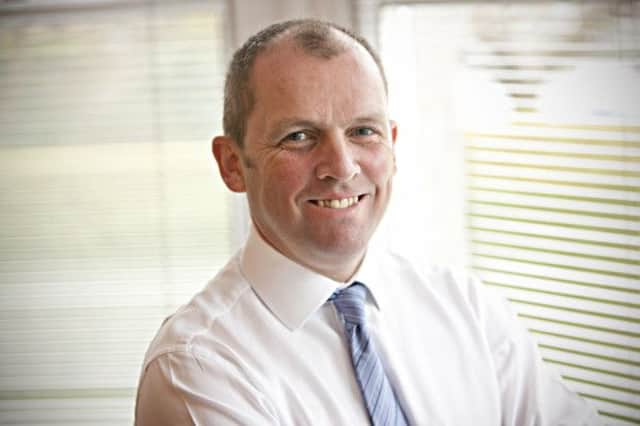Faroe Petroleum strikes $20m deal to buy rival Roc


The Aberdeen-based firm said buying the British arm of Australia’s Roc Oil Company would lift its 18 per cent stake in the “high quality” Blane field, discovered in 1989, to 30.5 per cent.
Production at Blane started in 2007 and the field it tied back to the BP-operated Ula platform in the Norwegian sector. Faroe said the field has low operating costs with “upside potential in the existing reserves and the potential for further in-fill drilling”.
Advertisement
Hide AdAdvertisement
Hide AdIn 2014, gross production from Blane was 4,070 barrels of oil equivalent per day and average operating costs were about $17.70 a barrel.
In addition, Faroe’s stake of almost 1.9 per cent in the suspended Enoch field, which is planned to be brought back on stream in the second half of the year, will rise to nearly 13.9 per cent. Enoch field has been developed as a single well subsea tie-back to the Marathon-operated Brae field. It was closed in due to a leak at the subsea wellhead, which has since been repaired.
Faroe is paying Roc $17m up front for the assets, with a further payment of up to $3m depending on certain performance targets being met. Roc GB made a pre-tax profit of almost $10.7m last year.
Graham Stewart, who founded Faroe in 1998, said the deal “increases our stake in the low-cost, high-quality and long field-life Blane asset”.
He added: “Blane offers significant upside potential in the form of increasing reserves and production as well as in extending field life. The transaction is also very tax efficient for us, providing shelter for both past and future tax losses in the UK.
“We have at this stage chosen not to amend our production guidance for the year but will review this at the time of our interim results.”
In June, Stewart said that 2015 was proving to be Faroe’s most active year to date, with average production forecast at 8,000 to 10,000 barrels a day. The company’s half-year results are due for publication this month.